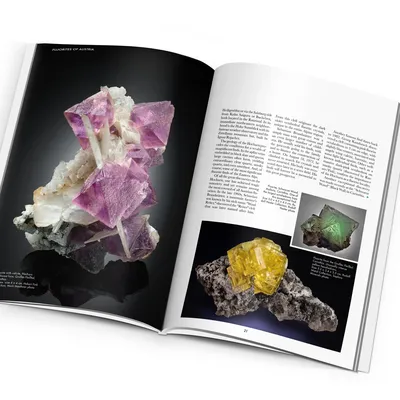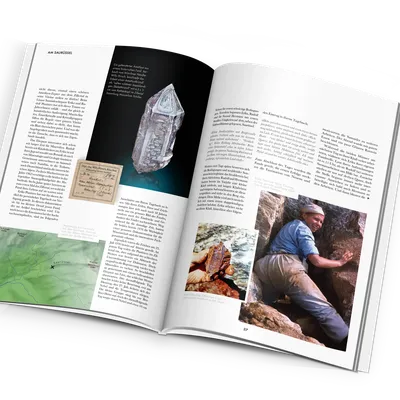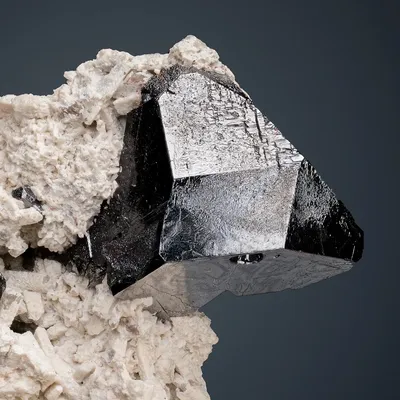The fascination of fossils: a glimpse into the earth's past
Fossils are fascinating remains of past life forms that offer us insights into the history and evolution of the earth. From prehistoric creatures to fossilized plants, fossils tell stories of times long past.

Table of Contents
- What are Fossils?
- How are Fossils Formed?
- What Types of Fossils Exist?
- How are Fossils Dated and Classified?
- What Role do Fossils Play in Evolutionary Theory?
- What Can Fossils Reveal About Past Climate Conditions?
- What Famous Fossil Discoveries Have Changed Our Understanding of Earth's History?
- What Significance do Fossils Hold in Paleontology and Geology?
- How Can Laypeople Find and Identify Fossils?
- What Challenges and Ethical Issues are Associated with the Collection and Trade of Fossils?
What are Fossils?
Fossils are the fossilized remains or traces of past life forms that can be found in rocks or sediments. They include not only animal bones, but also fossilized plants, footprints, shells of marine animals and even traces of behaviors such as nests or droppings.
How are Fossils Formed?
Fossils are formed through the process of fossilization, in which organic remains are preserved under certain conditions over long periods of time. This can occur through embedding in sediments, fossilization through mineral deposits or imprints in soft materials such as clay.
What Types of Fossils Exist?
There are different types of fossils, including body fossils, which include remains of actual organisms such as bones, teeth or shells, and trace fossils, which provide evidence of the behavior or activities of organisms, such as footprints, burrows or fecal tracks.
How are Fossils Dated and Classified?
Fossils are dated using various methods including radiometric dating of rock layers surrounding the fossil, as well as biostratigraphic dating, where fossils are dated relative to each other based on their position in rock layers. They are also classified based on various characteristics such as shape, size, and structure.
What Role do Fossils Play in Evolutionary Theory?
Fossils provide crucial evidence for evolutionary theory by documenting the ancestral history and changes in species diversity over time. They help recognize connections between different species and trace the development of life forms over millions of years.
What Can Fossils Reveal About Past Climate Conditions?
Fossils can provide insights into past climate conditions by providing information about the distribution of plants and animals, the composition of ecosystems, and the geographical distribution of habitats. Fossils can help reconstruct climate changes such as ice ages or warm periods.
What Famous Fossil Discoveries Have Changed Our Understanding of Earth's History?
Famous fossil discoveries include the Archaeopteryx, regarded as a transitional form between reptiles and birds, the Tiktaalik, a fish with features of land vertebrates, and the Lucy specimen, an Australopithecus fossil providing crucial insights into human evolution.
What Significance do Fossils Hold in Paleontology and Geology?
Fossils hold great significance in paleontology and geology as they provide insights into the evolution of life on Earth and offer crucial information about past environmental conditions and geological processes.
How Can Laypeople Find and Identify Fossils?
Non-experts can find fossils by searching in suitable areas such as quarries, coasts or riverbeds. However, the applicable laws and the permission of the landowner must always be observed! In case of doubt, this should always be obtained before entering the area. You can find out more about this general topic in our article on minerals.
For identification, you can obtain information from identification books, online resources such as the Mineralica magazine or by visiting fossil museums. There are often also local associations that deal with geosciences and will be happy to advise you.
What Challenges and Ethical Issues are Associated with the Collection and Trade of Fossils?
Collection and trade of fossils can lead to environmental damage and contribute to loss of scientific knowledge through loss of locality information. Ethical issues involve protection of endangered species and preservation of cultural artifacts.












